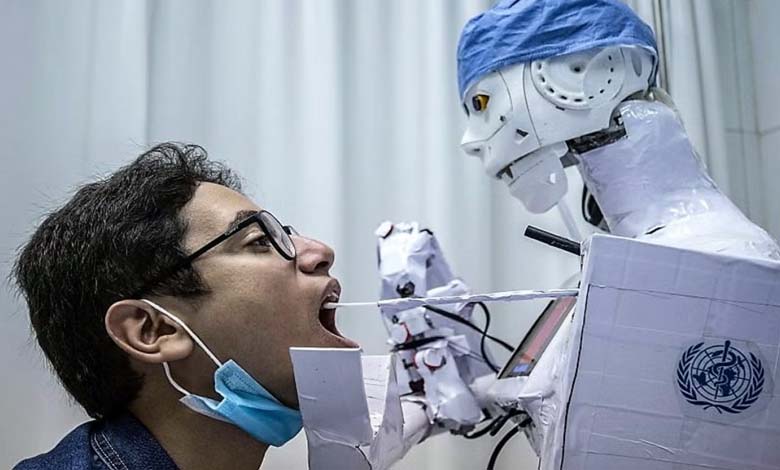Do patients trust artificial intelligence more than doctors?

A recent study published by Psychology Today highlighted a significant trust gap between human medical advice and artificial intelligence, revealing that individuals consistently rate human doctors higher than their AI counterparts in terms of reliability and empathy.
-
Artificial Intelligence on iPhones Will Not Be Free
-
Artificial Intelligence Will Reshape the Job Market by 2030
The results showed that participants preferred advice attributed to human doctors, with such advice scoring about a quarter of a point higher on a 7-point scale compared to advice provided by artificial intelligence.
In terms of perceived empathy, human doctors outperformed artificial intelligence, receiving higher scores in this aspect by a similar margin. Additionally, participants were less likely to follow advice attributed to artificial intelligence, although the difference was not large, it was enough to influence the implementation of the advice.
-
How will artificial intelligence change the shape of wars in the future?
-
“United Airlines” Utilizes Artificial Intelligence for Passenger Comfort
Regarding the clarity of communication, the source of the advice did not affect participants’ understanding, as advice from both sources was clear and equally understood.
Challenges of Artificial Intelligence
The doubts surrounding artificial intelligence in healthcare can be attributed to several factors, including that AI in medicine is relatively new and may seem unfamiliar compared to well-established human practices.
-
Europe is concerned about the future of its children due to artificial intelligence
-
Death Calculator: An Artificial Intelligence Tool Predicts Your Date of Death
There are concerns about the ability of artificial intelligence to offer genuine empathy and understand the individual needs of patients. Finally, the possibility of AI errors generates anxiety, with many people believing that technology could be more prone to mistakes compared to human doctors.
Future Implications for Healthcare
The study emphasizes that while artificial intelligence has the potential to revolutionize healthcare, the benefits of technology could be constrained by current levels of public trust.
-
Microsoft launches a virtual assistant to encourage the use of artificial intelligence
-
Why did the international monetary fund warn against artificial intelligence?
As artificial intelligence continues to advance, ensuring its integration rather than its competition with human expertise will be crucial in fostering a more integrated and trustworthy healthcare system.
Thus, the report confirms that the journey towards trust in AI-supported healthcare is ongoing, and achieving a balance between technological innovation and empathetic patient care will be essential to fully realize its potential.












